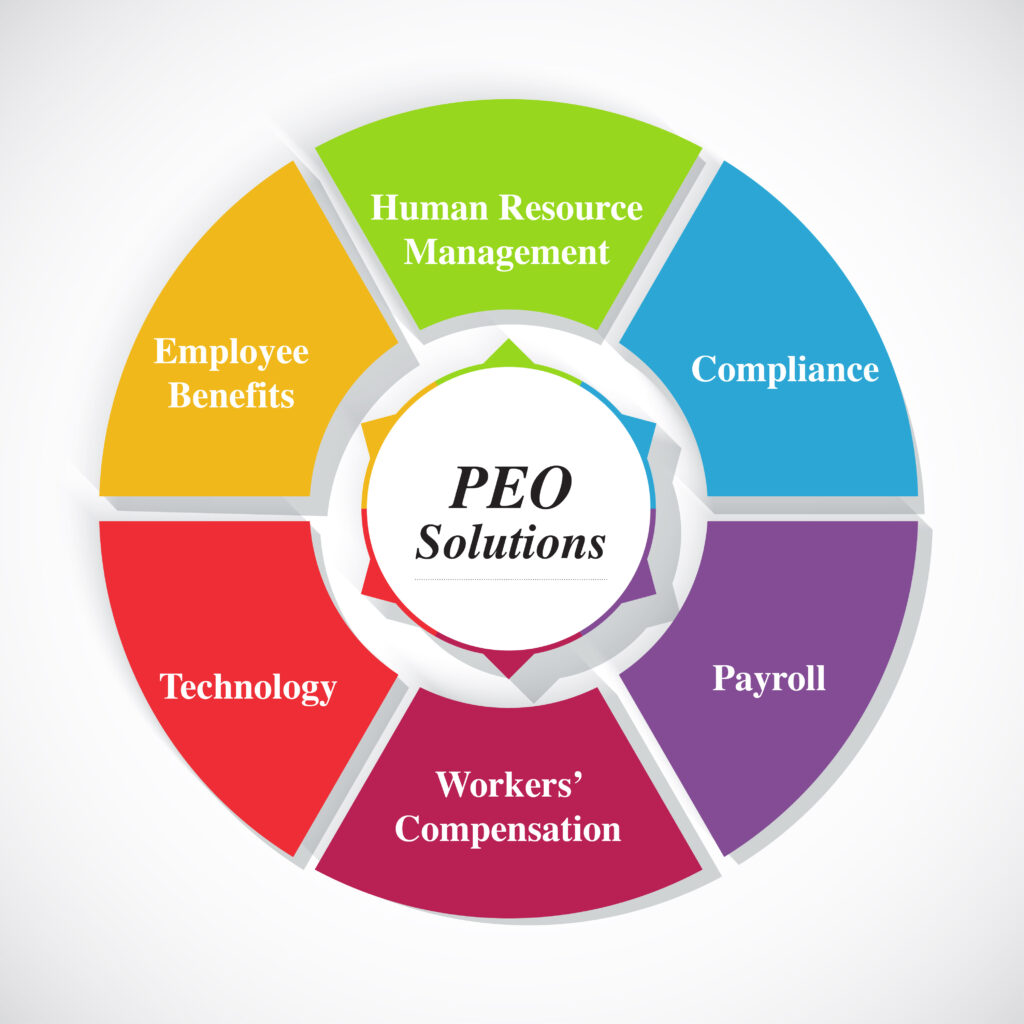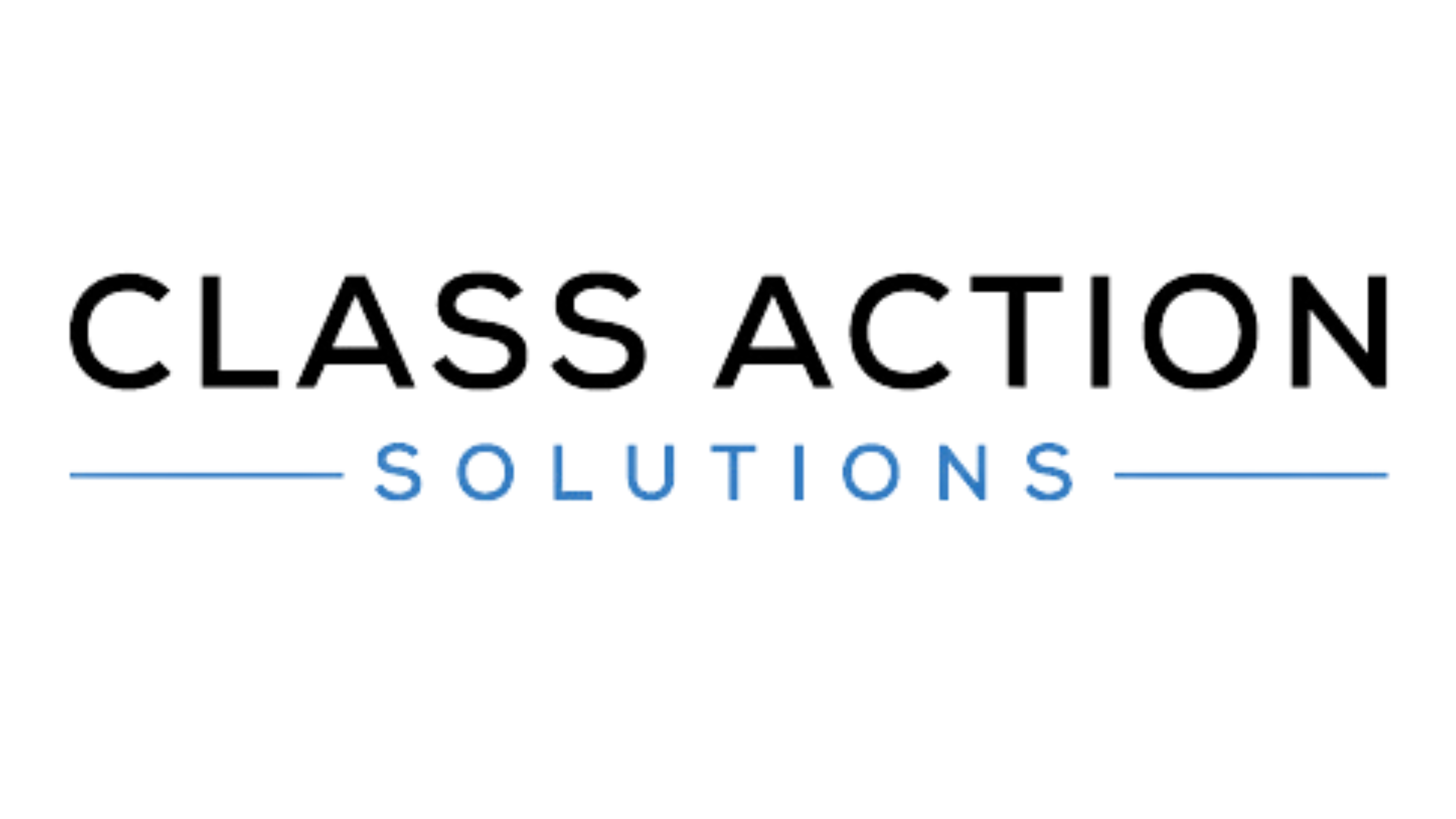PEO SOLUTIONS: MAKING SURE IT SERVES YOUR NEEDS
What Does a PEO Do?
A Professional Employer Organization (PEO), provides small group clients with Human Resource outsourcing services, payroll, employee benefits, compliance, Workers Compensation, an on-line benefits administration platform, and Risk Management.
PEOs allow small businesses to offer robust, comprehensive benefits packages that are comparable to larger companies at discounted rates.
PEO Services can include the following:
- Employee Benefits – Medical, Dental, Vision, FSA, Life/AD&D, STD, LTD, HSA
- Voluntary Benefits – 401k, Commuter Benefits, Pet Insurance, EAP
- Compliance – Notices, Reporting, Sexual Harassment Training, Employee Handbook
- Workers’ Compensation – Employment Practice Liability Insurance (EPLI)
- Human Resource Management – Policies, Guidance, Reporting, Analytics
- Technology – Online on-boarding, Benefits Administration, PTO Tracking
- Payroll Administration – W-2 Administration, Payroll Reporting, Tax Filing

What Doesn’t a PEO Do?
In contrast to leasing or staffing companies, which typically supply new workers on a temporary or project-specific basis, a PEO takes a different approach. A PEO doesn’t engage in such practices, where temporary staffing services generally recruit and hire employees for short-term assignments like during employee absences, temporary skill shortages, or seasonal workloads. PEOs do not supply labor to worksites. PEOs provide services and benefits to both the worksite employer and the client’s employees.
PEOs, also known as a professional employment or employer organizations, are sometimes mistaken for other outsourcing service organizations that include similar or related services, such as:
- Staff leasing company
- Employee leasing company
- Managed payroll
- Human resources outsourcing organization (HRO)
- Administrative services organization (ASO)
PEOs are not responsible for controlling your business or your employees; they provide access to HR advice and guidance to lean on when you need assistance. PEOs will also not replace your internal HR staff if you already have resources in place. A PEO can provide specialized and supplementary HR guidance from a team of subject matter experts for regulatory compliance, safety, benefits, risk management, and other HR and employee-related topics.
How Does a PEO Work?
The client company signs a service agreement with the PEO, which generally includes the following:
- The PEO performs certain HR administrative services while the client remains the worksite employer. The PEO can provide support to a client’s in-house HR staff and teams.
- The client company is responsible for hiring and managing their employees and handling non-employee-related business operations (e.g., sales, marketing, customer service).
- The PEO is responsible for processing employee wages, benefits, and withholdings and for remitting and reporting taxes to any applicable state and federal authorities for the duration of the service agreement.
- The PEO helps the client company maintain compliance by keeping track of complex employment laws and offering risk management strategies. This may include payroll tax laws and reporting requirements, workers’ compensation, and employee relations issues.
- An HR professional may work with the client company to help the organization proactively address critical areas of risk, helping ease concerns around employee relations and accommodations, terminations, and other employee-workplace issues.
- Specific tasks, such as developing an employee handbook, may be shared between the client company and the PEO as outlined in the service agreement.
- PEOs can assist with many HR functions, allowing businesses and internal HR teams to focus on company culture, client satisfaction, and employee engagement.
- The client company obtains access to the PEO’s pool of benefits options and support for administering them.
Who is the employer in a PEO-Client Relationship?
- A PEO-Client relationship creates a co-employment arrangement, the PEO is the employer of record for tax purposes, but the client business maintains full authority of its workforce. Depending on the state were the PEO is operating, the co-employment arrangement may be required by state statutory law.
Legal Conflicts Between PEOs and Their Clients: What to Do When your PEO tries to Throw you under the Bus When a Class Action is Filed?
When a collective action is filed against your business, your PEO is jointly and severally liable as a co-employer resulting in a conflict of interest between the PEO and your business. PEOs are well aware of potential conflicts of interests in this regard and the fine print of many PEO contracts contain terms that make it easy for the PEO to place all liability on its clients’ businesses. Even if these terms do not exist in your PEO contract, a PEO will often take actions that will compromise its client’s defenses while insulating themselves from liability. CAS has extensive experience in preventing PEOs from engaging in such underhanded actions. Call CAS to learn how your business can maximize the benefits of engaging a PEO while ensuring that your PEO doesn’t place its interests before yours.
